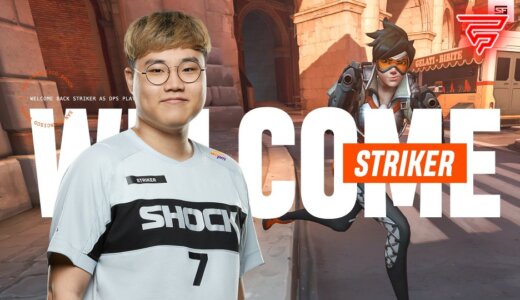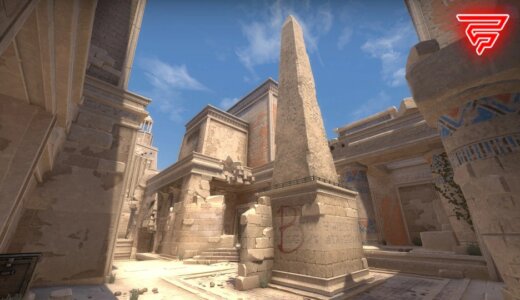Tencent, the second-largest gaming company in terms of revenue—suffered a severe blow to its share price, witnessing a 16% dip after China imposed new guidelines for online games.
After the National Press and Publication Administration released a draft of recommendations intended to curb spending on online games, some of the largest gaming companies in China experienced significant drops in their stock prices in the last few hours. With this new set of rules, China wants to eliminate excessive microtransactions, addictive strategies, and overspending on free-to-play online games.
Due to investor fear brought on by the new regulations the two largest gaming businesses in China lost around $80 billion in market value. Following the publication of the new draft guidelines, shares of Tencent Holdings, the largest gaming firm in the world, fell as much as 16% at one time, while those of its nearest competitor, NetEase, fell as much as 25%.
Additionally, the strict draft rule hurt gaming equities throughout the world, especially those of American game developers. As of Friday morning, Roblox, Electronic Arts, and Unity Software were down between 1.7% and 3.1% in the U.S., while Ubisoft, the French game developer, was down over 3% in Europe.
Tencent responds to the new guidelines
The National Press and Publication Administration revealed a set of draft guidelines on Friday that would limit spending on online games, which was an unexpected move. The regulations would outlaw the use of online incentives to promote gambling and restrict the amount of money users may put into their gaming accounts. The updated rules require online games to impose spending caps, which limit players’ options to buy an unlimited amount of packs. Additionally, the Chinese authorities removed the probability-based luck draw features for minors and outlawed daily login prizes.
The elements and gameplay dynamics that the Chinese government is targeting are present in a large number of Tencent’s games and brands. Regarding the implications of the draft regulations, Vigo Zhang, vice president of Tencent Games, stated that the firm has been closely adhering to regulatory standards and that Tencent would not be required to modify “its reasonable business model or operations” for games.
Zhang continued by saying that since Beijing began to prioritize minor protection in 2021, minors have been spending historically low amounts of money and time on Tencent’s games. The Chinese have been trying to regulate the nation’s gaming market, which is the largest gaming sector in the world with $45 billion in sales last year.
Video games have been held accountable for inducing addiction in younger players and even health issues, leading the country to take tougher stances against them over time. China imposed severe playing restrictions on those under the age of eighteen in 2021 and halted the approval of new video games for around eight months due to worries about gaming addiction.
Header: Tencent







